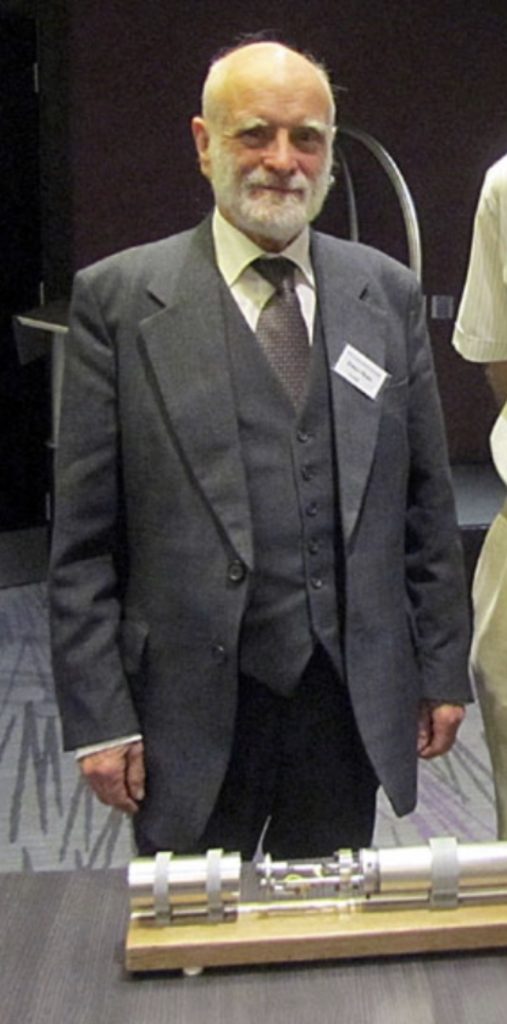Belated Obituary for Godfrey (Geoff) Parry died 9th April 2010, first secretary of the LEO Computers Society
by Peter Byford, chair, LEO Computers Society charity and Alan Thomson (ICL editor pensioners website)- first published in 2010 but in a limited form.
Geoff died 9th April 2010, aged 70 years. He had been suffering from Parkinson’s for some years.
Geoff helped organise the 1st LEO Reunion on 23rd November 1978 assisting Roy Farrant. It was at the 2nd LEO Reunion on Friday, 30th October 1981 that Roy passed responsibility for organising the next one to me, stating that Geoff, Dick Warren and Frank Kelly would help me. So the first LEO Reunion committee was formed. Geoff was involved with organising Reunions and was the secretary of the Society’s committee from 1977 until 2000. He continued on the committee during 2000 but his illness meant that he couldn’t continue, although minutes of committee meetings in 2001, do record apologies for absence from Geoff. References to him do not appear in minutes after 2001.
I personal feel guilty that we did not give any form of presentation to Geoff for his 23 years of service nor really made any contact with him after 2002. Part of the reason was that he had a “lodger” in his house who refused to pass on messages to him, nevertheless we should have arranged to see him.
As mentioned above, Geoff was the Society’s first secretary and as he still worked for ICL he arranged contacts with LEO people who also worked for the Company, Without Geoff I am not sure that the Society would have successfully taken off in the way it did.
Geoff was well liked within LEO and ICL although he was never one to push himself forward. He was a singer, he was Welsh so maybe in the genes. He sang every year in the Big Sing at the Royal Albert Hall, until Parkinson’s prevented him from going.
His LEO and ICL career details were provided by Alan Thomson. He joined LEO Computers in October 1961 as a LEO lll/l operator. Later he also worked on LEO lll/4(Met. Boroughs machine) and on GPO LEO llls at Hartree, John Humphries House and Charles House up to 1969. From 1969 to 1972 he worked in Sales Support for ICL LON24. During the period 1972 to 1975 he was in Planning support at LON24 & LON23. 1975 to 1992 saw him become a financial accountant covering LON24, LON14, WSR02, SLH01 including the Windsor cash office from 1984 to 1988. For the period 1988 to 1998 he managed purchase ledger covering WSR02, MDN06, SLH09 and REA23. Geoff retired from ICL in 1998.
